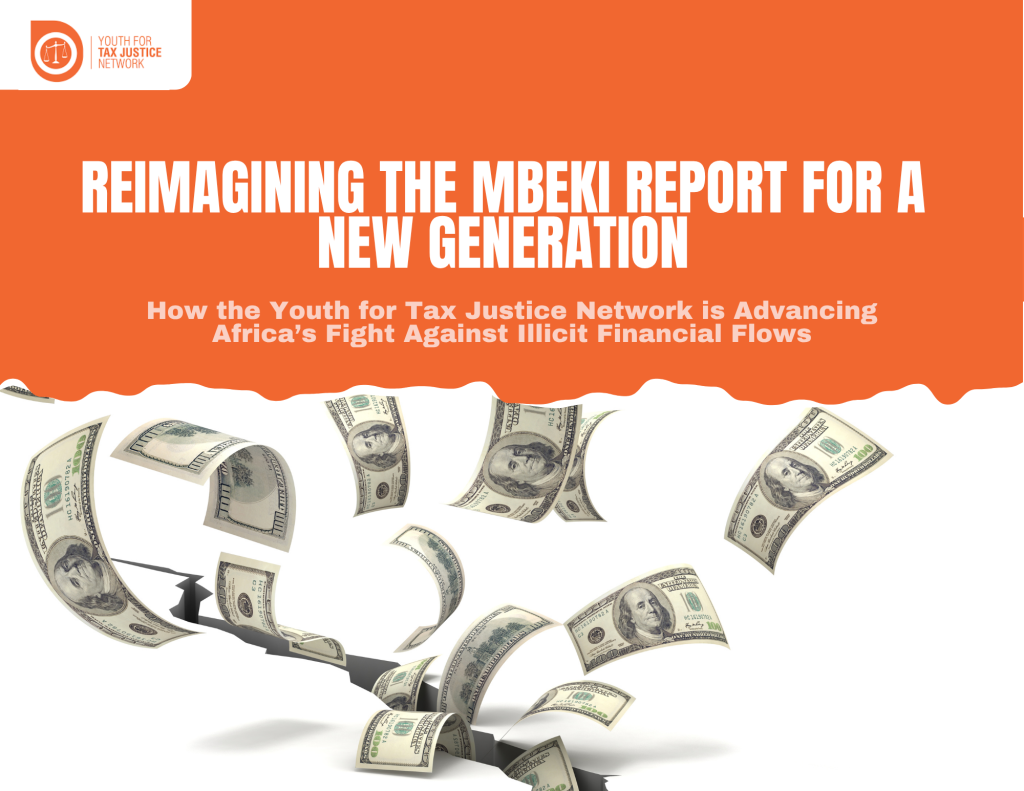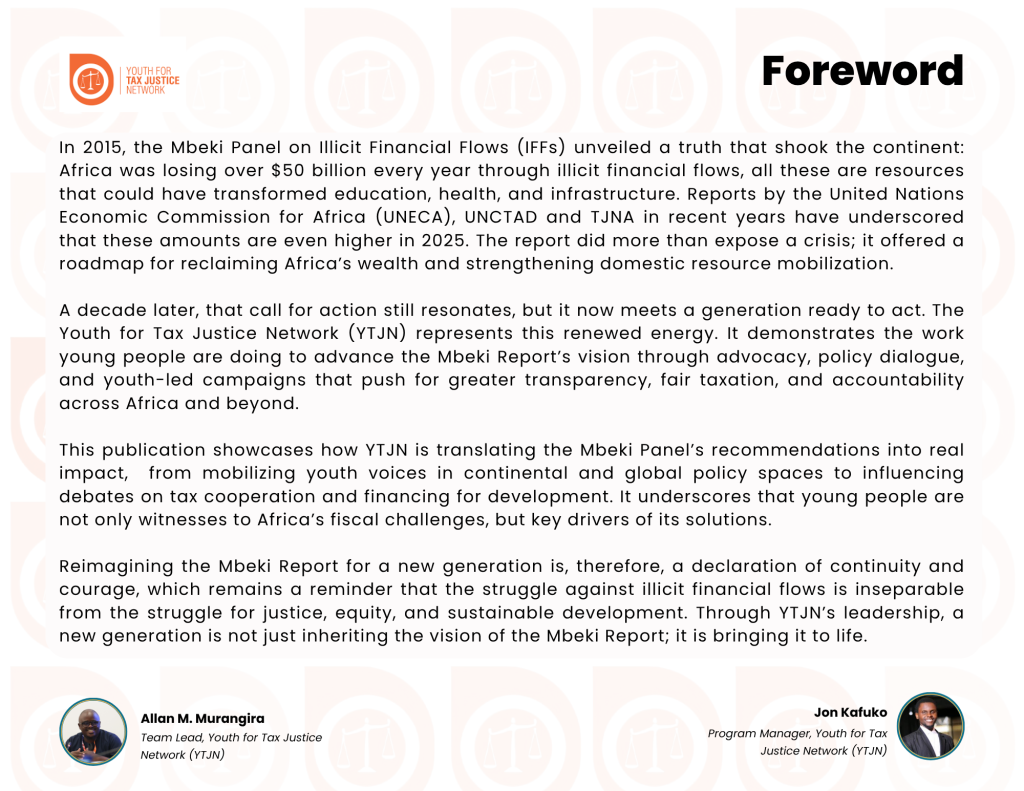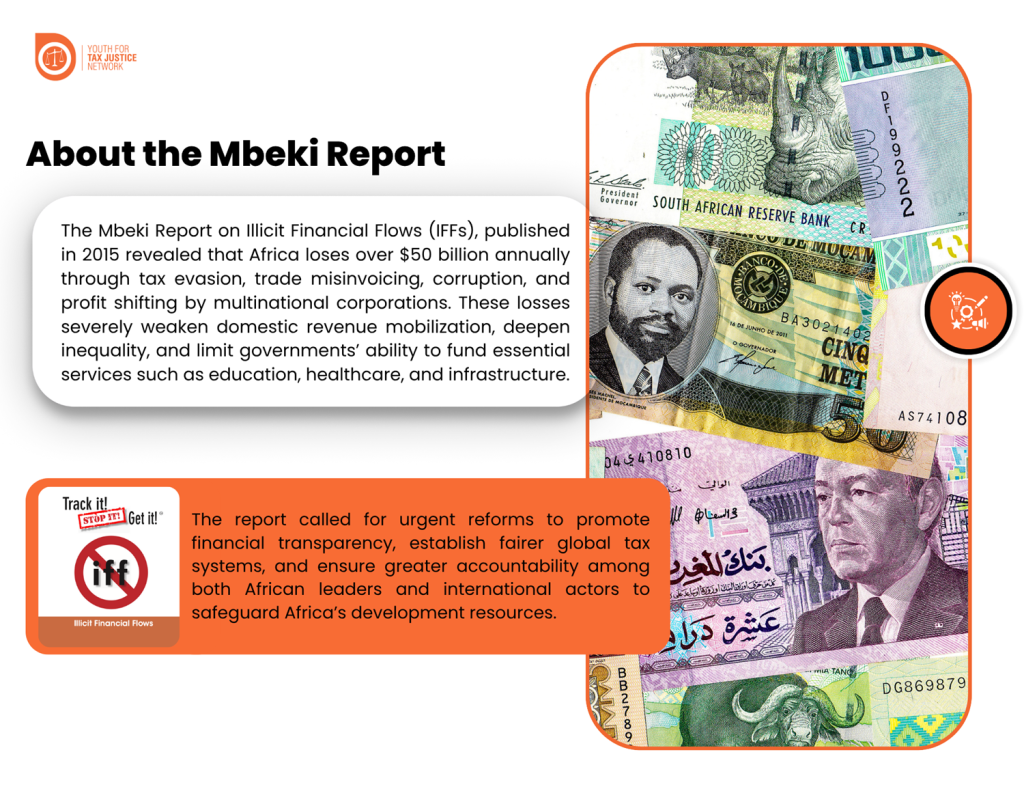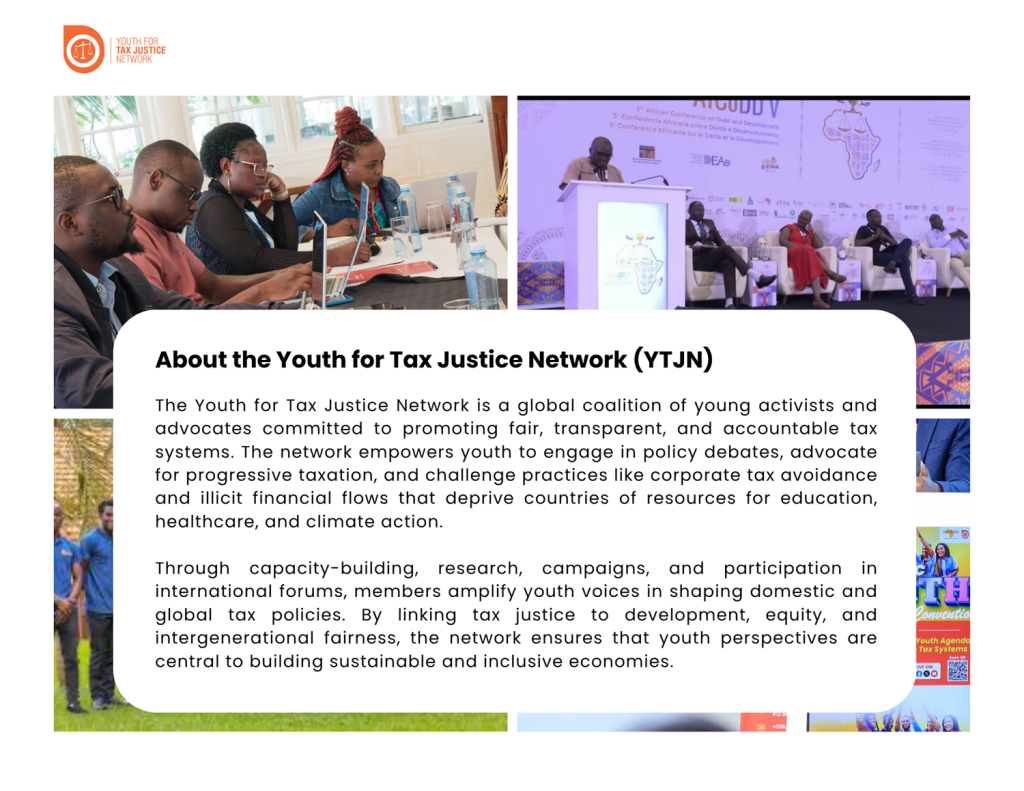Similar Posts
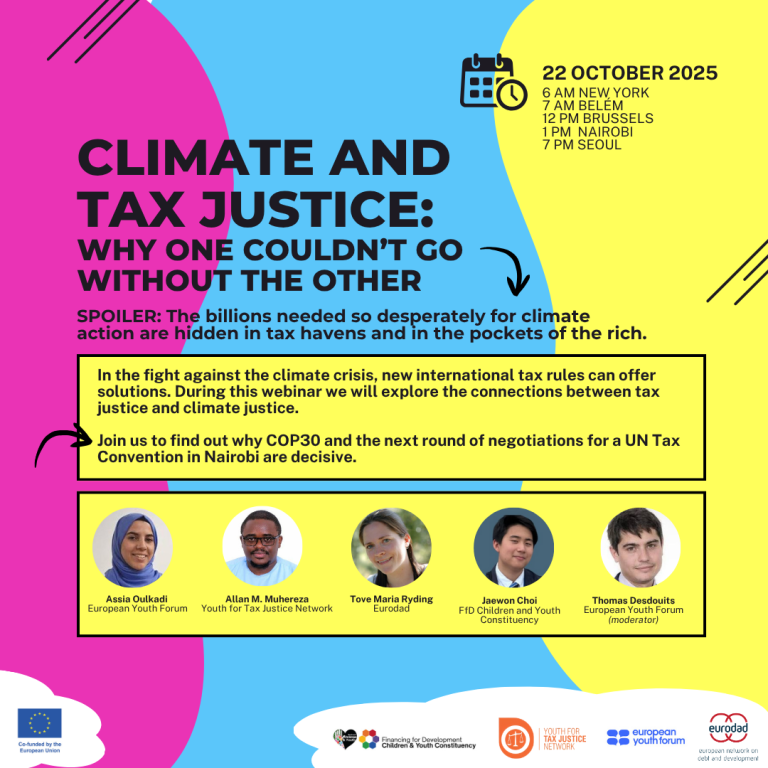
Climate and tax justice: why one couldn’t go without the other
This November, young people from across the world come together to explore an urgent connection that few are talking about: how the UN Climate Conference (COP 30) in Belém and the UN negotiations for a Framework Convention on International Tax Cooperation in Nairobi are part of the same story.
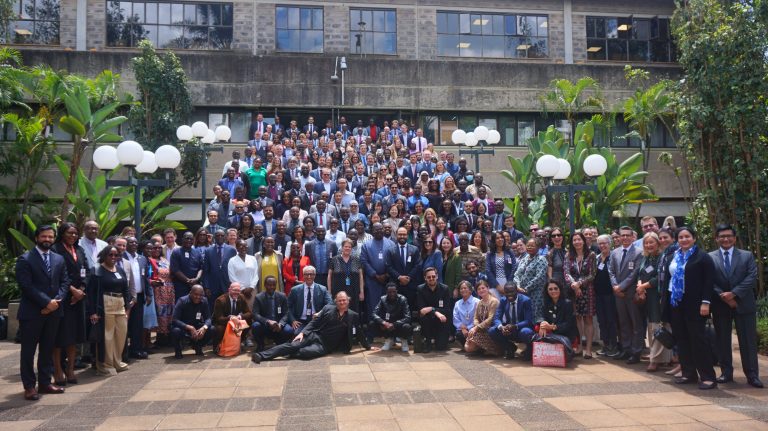
YTJN Nairobi Tax Talks RoundUp: Third Session of the Intergovernmental Negotiating Committee to Develop a UN Framework Convention on International Tax Cooperation (Day 3 Recap)
Lurit Yugusuk, speaking for the Youth for Tax Justice Network, reminded the room that harmful tax practices don’t just affect balance sheets, they affect people.“Harmful tax practices erode national tax bases, weakening the capacity to finance education, healthcare, and infrastructure that children and youth depend on.” She called for expanding Article 8 beyond multinational enterprises to include high-net-worth individuals, private investment vehicles, and professional enablers. She also pushed for mandatory public disclosure of tax incentives and public country-by-country reporting, emphasizing that “secrecy has been the lifeblood of harmful tax practices.”
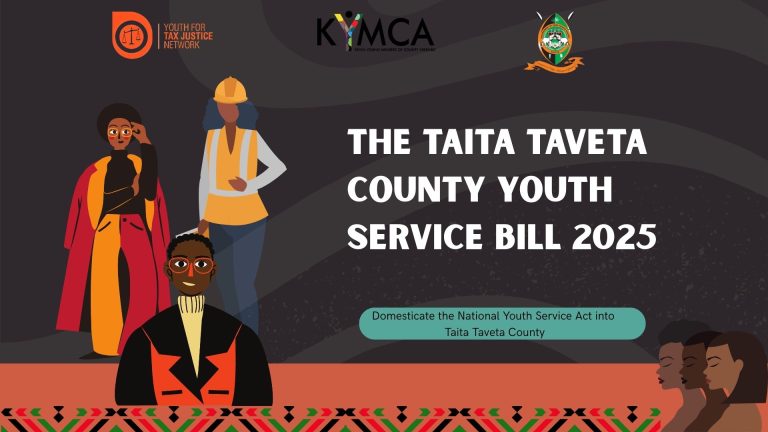
Report On The Review Of The Taita Taveta Youth Service Bill 2025
Download Full Report HERE

Youth-Centric Budgeting: A Critical Examination of Zimbabwe’s 2025 Budget
The national budget for Zimbabwe in 2025 has received recognition for emphasizing social services, infrastructural expansion, and economic development. A closer examination of the budget, however, indicates that it might not adequately address the urgent issues facing Zimbabwe’s youth. A large percentage of the population is young, and they confront several obstacles, such as restricted chances for entrepreneurship and innovation, lack of access to healthcare and education, and unemployment.

The 6th Southern Africa Youth Forum Harare Declaration
We recognize that the youth of Southern Africa represent an immense reservoir of energy, creativity, and potential that is critical to the continued progress and prosperity of our communities. As present leaders and change-makers of our region, we have a vital role to play in addressing the complex social, political, economic, and environmental challenges that we face. We have a role to complement our governments, the private sector, and all developmental actors to ensure access to quality and affordable education for the SADC child.

Youth perspectives on informal sector taxation in Africa as the world celebrates international youth day
As the world celebrates International Youth Day, it is high time African governments rethought informal sector taxation for…

